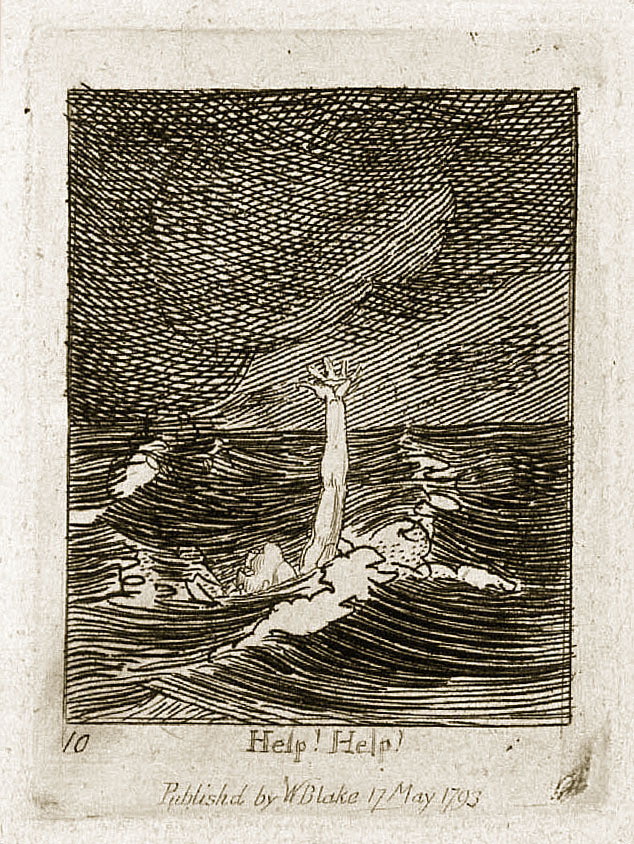Grace
I said grace cannot prevail until law is dead, until moralizing is out of the game. The precise phrase should be, until our fatal love affair with the law is over — until, finally and for good, our lifelong certainty that someone is keeping score has run out of steam and collapsed. As long as we leave, in our dramatizations of grace, one single hope of a moral reckoning, one possible recourse to salvation by bookkeeping, our freedom-dreading hearts will clutch it to themselves. And even if we leave none at all, we will grub for ethics that are not there rather than face the liberty to which grace calls us. Give us the parable of the Prodigal Son, for example, and we will promptly lose its point by preaching ourselves sermons on Worthy and Unworthy Confession, or on The Sin of the Elder Brother. Give us the Workers in the Vineyard, and we will concoct spurious lessons on The Duty of Contentment or The Moral Aspects of Labor Relations.
Restore to us, Preacher, the comfort of merit and demerit. Prove for us that there is at least something we can do, that we are still, at whatever dim recess of our nature, the masters of our relationships. Tell us, Prophet, that in spite of all our nights of losing, there will yet be one redeeming card of our very own to fill the inside straight we have so long and so earnestly tried to draw to. But do not preach us grace. It will not do to split the pot evenly at four A.M. and break out the Chivas Regal. We insist on being reckoned with. Give us something, anything; but spare us the indignity of this indiscriminate acceptance.

